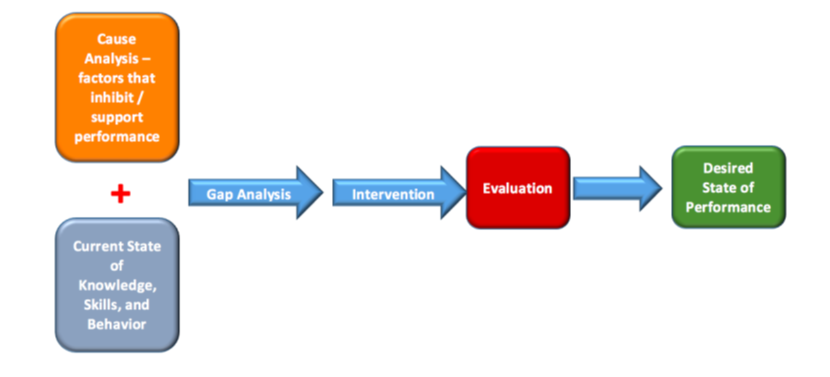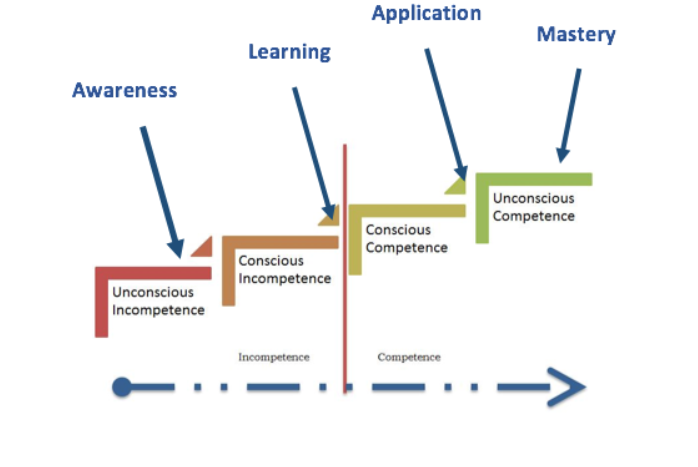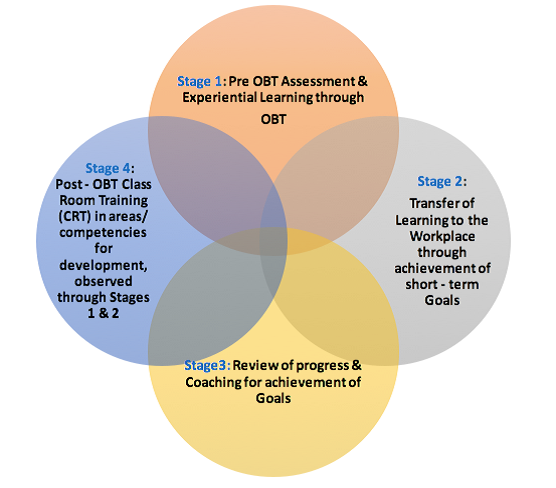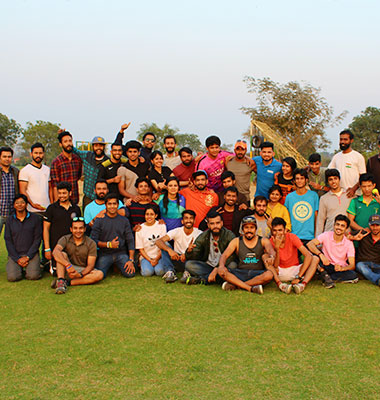METHODOLOGY
OverviewClients invest time and money in the development of their employees through corporate training interventions which could be through in- house and outbound training programs. At the end of the year once the appraisal process is over, detailed analysis is carried out to identify gaps in professional development of employees at all levels. Accordingly, training needs are identified in the areas of performance management, competency development, and leadership development, among other areas. Based on this approach, development plans through training intervention are designed which is explained and illustrated below –

Focus areas - At the initial stage, key focus areas are identified to build the intervention
Understanding of the needs - Based on the focus areas and through analysis, needs are understood.
Approach to the InterventionManagerial Development is an area that can’t be learned in a single training learning Program or classroom session and needs regular interventions to develop this skill. Additionally, participants will retain concepts better if there are regular interventions that enable the facilitator to support them during the initial phases of their implementation of the concepts learned. The approach to this intervention takes into consideration the following factors:
- The current state of participants’ knowledge, skills, and attitude.
- The desired state, or outcome of the intervention - what the organization expects
Learners to do at the workplace as a result of the training.

We adopt an integrated and progressive learning approach to intervention which envisions taking participants through a journey, from a level of “Unconscious Incompetence” towards a level of “Unconscious Competence”

Design of the Intervention
Our interventions comprise four main components as illustrated in the figure below

Salient Aspects of Design
- Blend of knowledge and activity based learning during OBT.
- Setting of Goals supported by Action Plans as an outcome of OBT.
- Coaching support from facilitators through Stage 2.
- Group and one – on – one Coaching in Stage 3.
- Specific, competency based class room training through Stage 4.
Instructional Methodology
We follow principles of Adult Learning and make the learning self– directed to the extent possible. Outbound training is conducted using a mix of experiential and class – room learning. In the end, while the sessions will be instructor – led, they are made highly interactive through the use of role plays, case studies, AV’s, small group discussions, among other appropriate learning strategies. Considerable emphasis is laid on the process of Reflective Learning and practice sessions.
Outbound Training Intervention
Participants will go through various team building activities and games for team
outing with different difficulty levels, challenging them mentally and physically.
These activities would follow the principle of group dynamics. Activities would be
based on following format
Ice Breakers - We start with ice breakers to bring everyone out of
their comfort zone.
Energizers - Participants are put through energizers to undergo
subsequent intense set of activities
Team Building Activities - Activities of varying difficulty levels
are conducted to explore group dynamics of participants and teams.
Inter Team Competitions - At later stage team outing games are
conducted in the competitive format to Inculcate team spirit and sense of working in
small teams.
How Do We Conduct Program
Detailed process is followed during the conduct of team building activities and it involves the following sequence of action
- Briefing -All participants are briefed in detail about the games for team outing activity. Each activity has a challenge and goal setting
- Process - During this stage participants undergo the process which would involve use of intellectual, social and dynamic aspect of team dynamics.
- Debriefing - In the end there are exhaustive debriefing sessions which are conducted to bring out self / team introspection and share experiences by team leaders
- Debriefing - In the end there are exhaustive debriefing sessions which are conducted to bring out self / team introspection and share experiences by team leaders
- Experience Sharing - Participants share their experiences of participating in the activity.
- Feedback Session - Facilitators provide detailed feedback to participants about what went well, and what could have been better
Our core competency is in designing customised corporate training programs as per need of the client.


